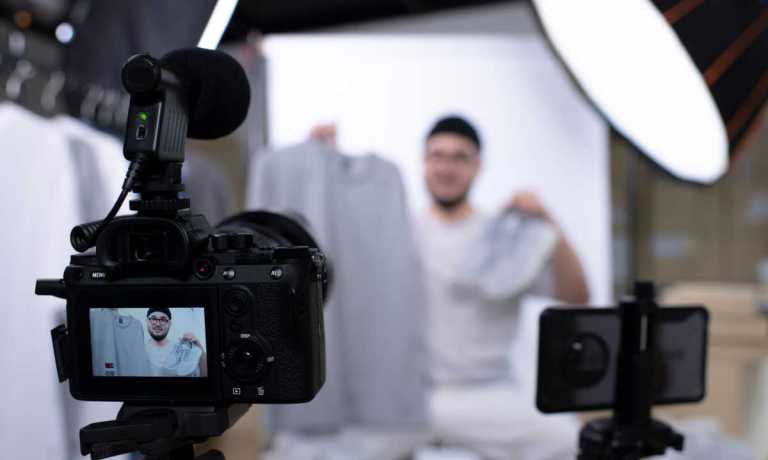Kanye-Adidas Split Shows Why Brands See Value in Self-Made Creators

As Adidas officially joins Gap and other businesses and brands in severing ties with the controversial musician turned fashion entrepreneur Kanye West, one unexpected winner is emerging from the ashes of the latest celebrity endorsement deal gone bad: small time, self-made creators.
Despite the current tabloid interest in West’s demise, the rise of the broader creator economy has quietly but consistently been gaining steam — and believers who see the value in building authentic brand sponsors rather than buying them in an era of unprecedented social media influence.
“Our view at Visa is that we have a commitment to digitally enable small and medium-sized businesses,” Visa Head of Innovation and Digital Partnerships Vanessa Colella told PYMNTS’ Karen Webster concerning the launch of the company’s new Creator Commerce Program that provides tools and other services to help turn individuals into paid influencers.
“Whether you’re giving makeup tips or you’re an aspiring musician, it’s all fine for us,” Colella said. “What we want to do is make sure that with Visa, these creators can pay, and importantly, get paid,” she noted, calling the current rise of creative types “the sole proprietorships of this generation.”
A Big Deal for Small Creators
The creator economy opportunity, which Visa expects to be worth $1.2 trillion by 2025, is the next wave in small business creation as the financial services and payments giant — and others — now see it.
See also: Visa Aims to Turn Creators into Small Businesses with Digital Payments
Major retailers see the potential too, helping explain Walmart Creator, the new initiative also announced in October and aimed squarely at building on the influencer commerce trend.
Per that announcement, “Creators who sign up will have access to tens of thousands of products and are given the opportunity to earn revenue all while earning commissions on sales they refer with no cap. Users of the platform can share product links to any social platform or group of their choice, receive product recommendations based on interests and affinities and collect valuable performance data to help grow their community and following.”
William White, chief marketing officer, Walmart U.S., said, “We know our customers are inspired by the content and stories they see from their favorite influencers in their social feeds every day. This next step in our strategy will help fuel inspiration for our customers by connecting their favorite creators directly with our brand and the brands they love at Walmart.”
See also: Walmart Aims to Add Influencers via Content Creation Tool and Commissions
This has been trending strongly since the start of 2022. In January, Lily Q. Jolly, product lead for Stripe Express, told PYMNTS that a focus on monetizing independent creators to grow into bona fide businesses will increase the “GDP of the internet,” adding “Spotify has leaned in really hard when it comes to enabling their creators to monetize.”
YouTube CEO Susan Wojcicki said much the same in a video blog, saying that “the number of channels around the world making more than $10,000 a year is up 40% year-on-year,” and noting that last year, “YouTube channel memberships and paid digital goods were purchased or renewed more than 110 million times.”
For all PYMNTS retail coverage, subscribe to the daily Retail Newsletter.